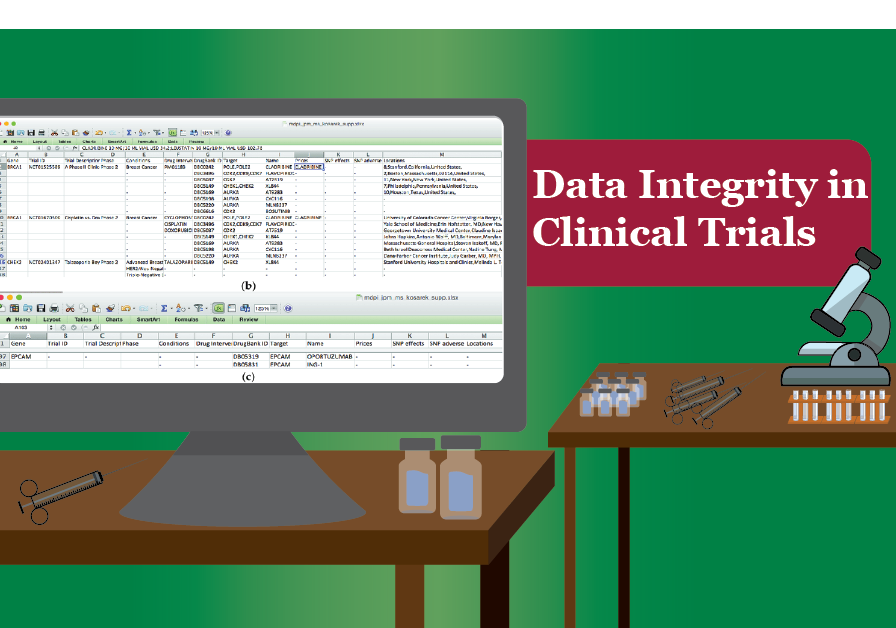FDA defines data integrity as the completeness, consistency, and accuracy of data. Data Integrity is not a new concept and it has been a matter of concern since the paper and ink era. With the new computerized systems and cloud storage, if system breakdowns or failures would result in the permanent loss of records, a back-up system should be provided. A means of ensuring data protection has become a necessity.
There have been increased citations concerning data integrity violations involved in CGMP FDA inspections. These data integrity related CGMP violations have led to numerous regulatory actions, including warning letters, import alerts, and consent decrees.
Data integrity issues cost the sponsor thousands of dollars because when such issues arise, FDA may require the company to take some extra measures to demonstrate the quality and reliability of their data. These extra measures will cause sponsors a delay in their drug approval process and consequently a delay in getting to market and earning revenue.
Requirements with respect to data integrity in parts 211 and 212 include:1
- § 211.68 (requiring that “backup data are exact and complete” and “secure from alteration, inadvertent erasures, or loss” and that “output from the computer … be checked for accuracy”).
- § 212.110(b) (requiring that data be “stored to prevent deterioration or loss”).
- §§ 211.100 and 211.160 (requiring that certain activities be “documented at the time of performance” and that laboratory controls be “scientifically sound”).
- § 211.180 (requiring that records be retained as “original records,” or “true copies,” or other “accurate reproductions of the original records”).
- §§ 211.188, 211.194, and 212.60(g) (requiring “complete information,” “complete data derived from all tests,” “complete record of all data,” and “complete records of all tests performed”)
- § 211.22, 211.192, and 211.194(a) (requiring that production and control records be “reviewed” and that laboratory records be “reviewed for accuracy, completeness, and compliance with established standards”).
- §§ 211.182, 211.186(a), 211.188(b)(11), and 211.194(a)(8) (requiring that records be “checked,” “verified,” or “reviewed”).
Another important factor to consider within data integrity is an audit trail. An electronic record of creation, modification or archival of a document should be traced back to the who, when and why of the document at the time of performance.
Need to avoid data integrity issues in your next clinical trial? Are you looking to market your new drug and need to conduct clinical trials? Give us a call at 248-987-4497 or email us at info@emmainternational.com.
1FDA (Dec 2018) Data Integrity and Compliance With Drug CGMP Questions and Answers Guidance for Industry retrieved on 06/13/2019 from https://www.fda.gov/media/119267/download






